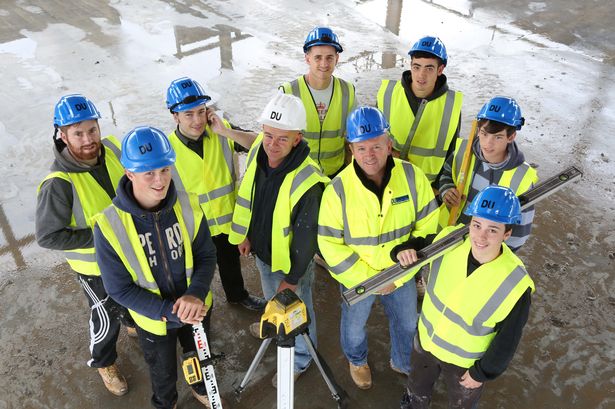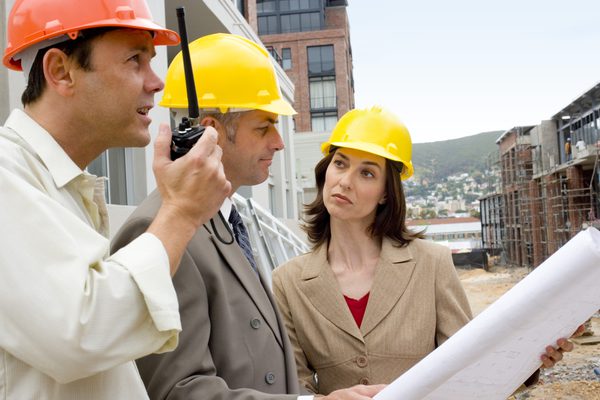A Career as a Construction Project Manager
In the role of any type of Manager, there are many aspects of successful planning, execution, control over different facets of the work environment and monitoring involved. When it comes to the line of construction, there is a more cautious and special planning range of skills involved. One must have the ability to ask questions, detect assumptions, as well as address and resolve conflicts between employees or any situation you’re presented with.
What is the Role of a Construction Project Manager?
There is a broad scope of work that encompasses the title of a construction project manager and it all starts with agreeing to a set of responsibilities such as seeing a project through and successfully delivering it without complications to the client. A project manager also has to always be mindful of reaching his/her target when it comes to a set date, managing what work should be done when and by who and goals which include when the sub-components of a project should be concluded.

They must thus be able to manage a team and perform well within certain time frames while getting the job done. The role also involves being mindful of sticking to strict budgets, as well as creating a positive environment for clients throughout their contracts.
The scope of work includes management of service deliveries that should be finished on time, according to a set schedule. Project managers should have strong personalities and be able to finish a task and take initiative when it comes to adapting to different situations and settings. He/ She will be able to support team leadership values and take control as the leader where needed.
The Responsibilities of a Project Manager
- Managing daily duties on site, utilisation and the implementation of client assignment. This includes ensuring that the correct material is on site.
- The planning and delivery of the entire project.
- Reporting on projects to sector management and providing them with the necessary information such as financial and project reporting.
- The development of good work relationships within the workplace, as well as with directors and general staff management.
- Co-ordinating support levels and training.
- Planning and arranging meetings with clients, both existing and potential, as well as supporting and enhancing overall work relationships.
- Generating reports on the project at hand and required actions that must be taken.
Taking that the line of work is construction and there is a great amount of risk involved for all who works in construction, a project manager has the duty to inform and educate his/her team to ensure their safety and the safety of the site. The project manager should also recognize the need for training and ensure their team is always up to standard with the project at hand, including general construction knowledge.








